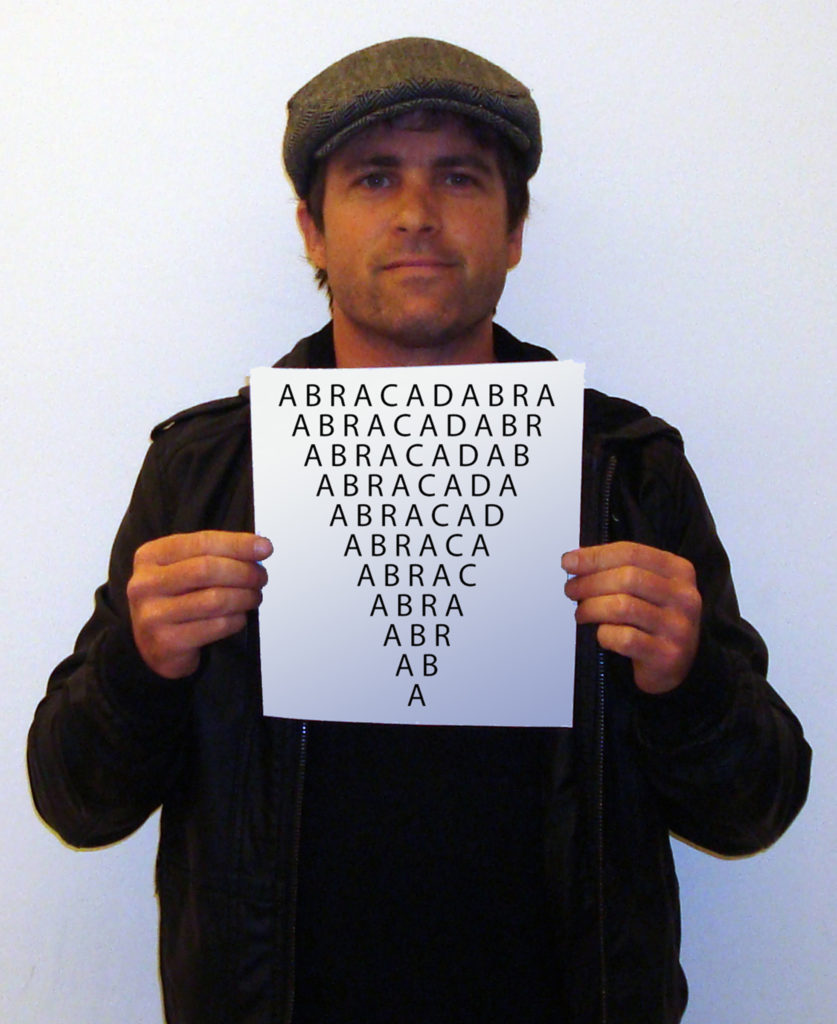Law & Politics
ACLU Claims Customs Agents Violated Artist’s Constitutional Rights
Customs and Border Protection agents searched artist Aaron Gach's phone, among other belongings.

Customs and Border Protection agents searched artist Aaron Gach's phone, among other belongings.

Brian Boucher

The American Civil Liberties Union of Northern California has spoken out on behalf of the artist Aaron Gach, arguing that detention of the artist by Customs and Border Protection (CBP) in February was in violation of the artist’s First and Fourth Amendment rights as well as the CBP’s own guidelines, Artforum has reported.
Gach was briefly detained at San Francisco International Airport while returning from Belgium, where he had been included in an exhibition at the STUK House for Dance, Image, and Sound. According to the artist, CBP officers conducted a search of his belongings, including searching his phone while it was out of his sight, and questioned him for about 90 minutes about his activities and contacts while he was traveling. Gach claims CBP officers provided no information on why he was detained. (Read an account of the artist’s detention in artnet News’ earlier report, here.)
The complaint says that CBP’s search violated the Fourth Amendment rights against unreasonable searches and seizures. “Even at the border, the search of an electronic device is governed by the Fourth Amendment,” the claim says.
The ACLU’s lawyers argue that the detention may have been based on Gach’s artworks, which are “designed to evoke themes including incarceration, government control, and political dissent.” If that was what motivated the search, says the letter, it would violate Gach’s First Amendment rights, since searches of devices that outline socially and politically critical projects could have a chilling effect on such expression.
When Gach asked for a written statement of CBP’s policies on searches, he was presented with a document that, the ACLU alleges, stated only that CBP is authorized to search to “determine identity and citizenship of all persons seeking entry into the United States, determine the admissibility of foreign nationals, and deter the entry of possible terrorists, weapons, controlled substances, and a wide variety of other prohibited and restricted items.” The letter points out that CBP failed to explain how inquiries about curators Gach has worked with would yield such information.
“We have taken two separate actions on Aaron’s behalf,” Chris Conley, the ACLU’s technology and civil liberties policy attorney, told artnet News. “One is a FOIA [Freedom of Information Act] and privacy act request. The CBP has no legal right to retain information connected from Aaron’s phone, and they’re required to release information related to Aaron, such as why they were searching him and what information they retained. We would also like to have better information about what made them pull him aside in the first place. In addition, we filed an administrative complaint with Customs and Border Protection about its device search policies and practices. You cannot do a suspicion-less search.”
“Furthermore, they searched his phone outside of Aaron’s presence, which is outside of the CBP’s own policies,” Conley went on to say. “We want to get policies in place that actually protect people’s rights by putting constraints on searches, and to ensure that CBP agents actually follow those policies.”
In an email to artnet News, CBP representatives said they could not comment on the ACLU claim.